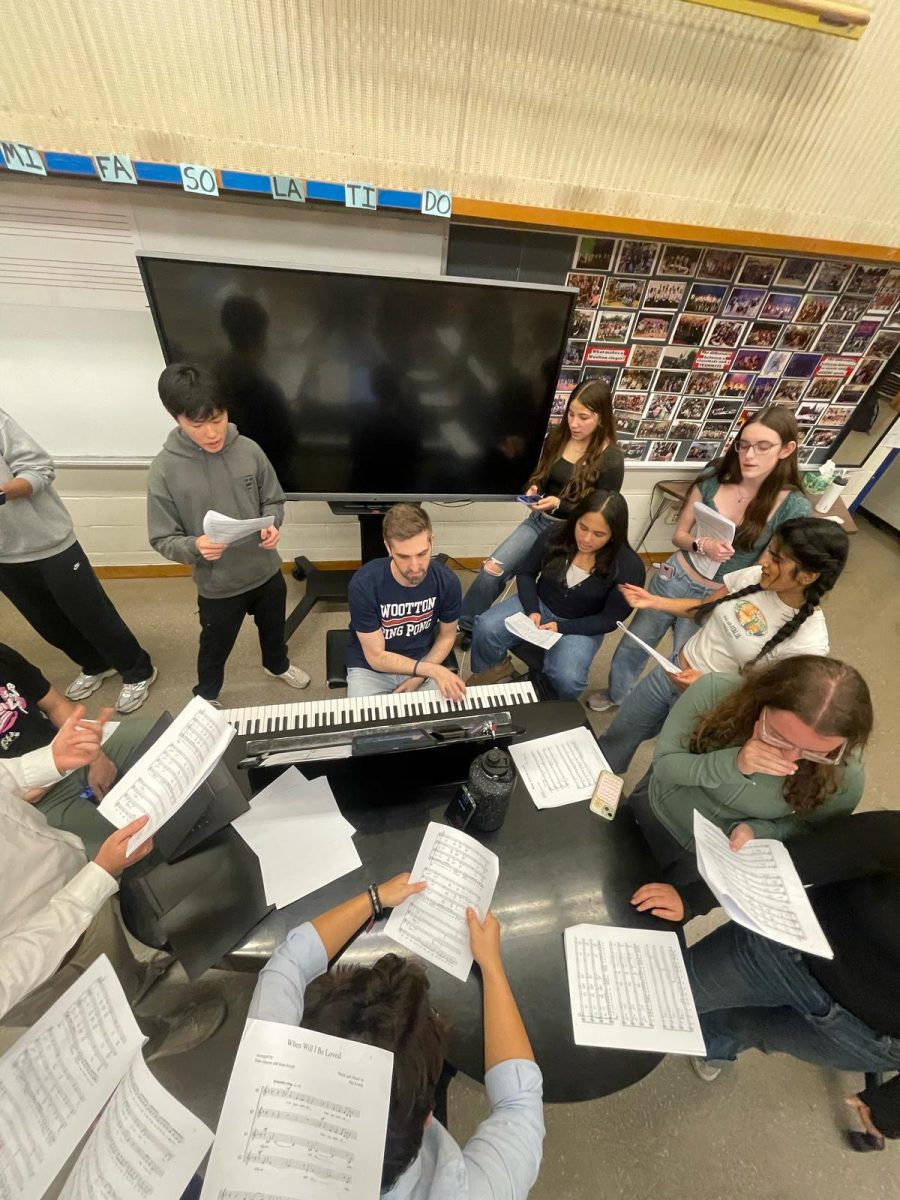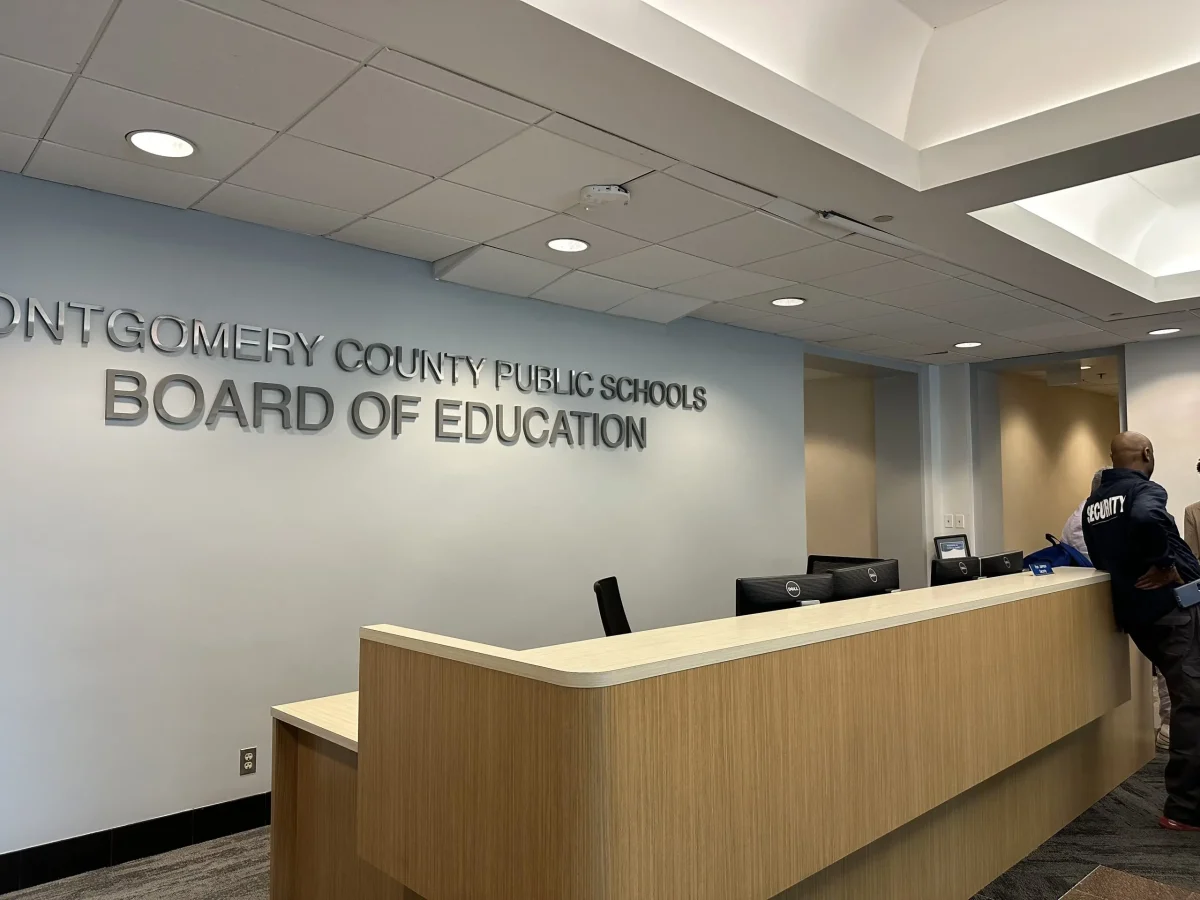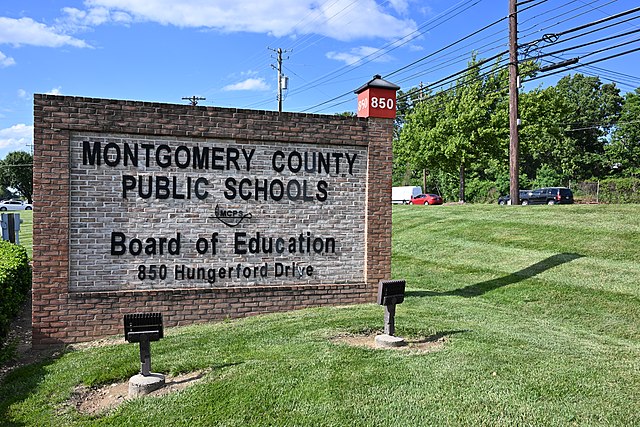Yes,
While government shutdowns have long been regarded as a nasty side-effect of Congress’s slow budgeting process, the effects of a shutdown are not as severe as one might assume. It’s hard to argue that government shutdowns are purely good, but there are surely some aspects of the latest shutdown that have had positive effects.
For the furloughed government workers, the shutdown’s effects were obviously negative. Yet looking purely at the politics, there are some good things that come with it as well. Despite his promise to close the government “until we have a wall,” it took the entire 35 day shutdown for Trump to end up agreeing to Nancy Pelosi’s short-term spending bill, which includes no border wall funding.
This is good news for Democrats, as it establishes that even after 35 days of negotiations, funding the Mexican border wall is going to be difficult to approve. There is now less chance than ever before in Trump’s presidency that a wall will ever be built. “Will they ever build a wall now? Maybe, maybe,” sophomore Kevin Friedman said. “But it would only happen if they had another shutdown soon.”
The last government shutdown has been effective in that it has reduced the likelihood of another one happening anytime soon. Coming off of the longest shutdown ever with less-than-ideal results for his conservative base means that his team won’t be as confident that a future shutdown would likely be ineffective. “People will stop him if he tries to shut down the government again,” senior Eric Quam said. “The last one showed that it’s not going to work, and it doesn’t make sense to do it again.”
The shutdown has also come back to bite its main instigator: Trump himself. While he may have anticipated walking away with billions allocated for his wall, he is now left with a dilemma. Either he pushes for another shutdown, to mass disapproval, or he cooperates with Democrats, breaking the promise of building a wall that was a factor in why his supporters voted him into office.
“I’m actually disappointed in that deal by the president,” Pennsylvania representative Justin Simmons said. “I think a lot of people are starting to wonder if he’s going soft on that issue. I do not agree with that deal. I think had the wall been a part of the deal, I’d be fine with it, but I’m not ok with it at all.”
-Riley Jordan
graphics editor
No,
The most recent partial federal government shutdown began on Dec. 22 because the Democratic and Republican politicians could not come to an agreement on the budget to fund the government for the next fiscal year. President Donald Trump wanted $5 billion in Congressional funding in order to build a wall along the US-Mexican border to stop illegal immigration.
Because of public pressure and demands to open the government, Trump signed a bill on Jan. 25 that temporarily ended the partial shutdown for a period of three weeks. The goal of this bill was to fund the government until Congress could come to an agreement that would satisfy both political parties; however, President Trump “will wait however long it takes to get border wall money,” CNBC News said.
Government employees were hoping for the Democrats and Republicans to come an agreement within the three weeks, so that they can continue to earn income and pay their monthly household bills and living expenses. The shutdown had a huge effect on freshman Jackson Brunner. “Both of my parents work for the government,” Brunner said.
President Trump is considering declaring a national emergency in order to get what he wants and solve a problem that he views as an immigration crisis. “I do not believe that the building of the wall is a national emergency. The wall is not a necessity. The two parties coming to an agreement to keep a fully running government is much more important,” freshman Gail Karimi said.
Government shutdowns create major problems for workers and their families. People rely on their income, so the shutdown changes their lifestyles significantly, particularly for individuals who live paycheck to paycheck and have limited savings. With no money for a lengthy period of time, employees have to limit their spending and consider finding other ways to supplement their income. The most recent shutdown was the longest one yet, making it the hardest challenge for employees to meet their needs, forcing workers to rely on family and friends for support.
For government employees, President Trump signed legislation that allowed employees to receive retroactive pay after the shutdown ended. However, thousands of contractors working for government agencies never get paid, resulting in extreme financial hardship and suffering.
During government shutdowns, jobs labeled as essential are still required to work, but without pay. This includes air traffic controllers, coast guard employees, customs and border protection officers, and FBI and Secret Service agents.
Not only is it frustrating for these essential workers, it is also potentially dangerous. “Air traffic workers are making routine mistakes due to high levels of stress caused by the shutdown,” CNN said.
Some may say the shutdown had a miniscule effect on the people of the United States. “Only six percent of voters say the shutdown pointedly impacted them and their families,” Investors Business Daily said.
Six percent may seem small, but is a ton of people on a larger scale. “The shutdown [affected] about 800,000 federal employees,” The New York Times said.
The president should not shutdown the government again because it causes serious financial problems for employees. The disagreement in the Congress should not be taken out on the thousands of workers.
-Rob Carpenter
staff writer







